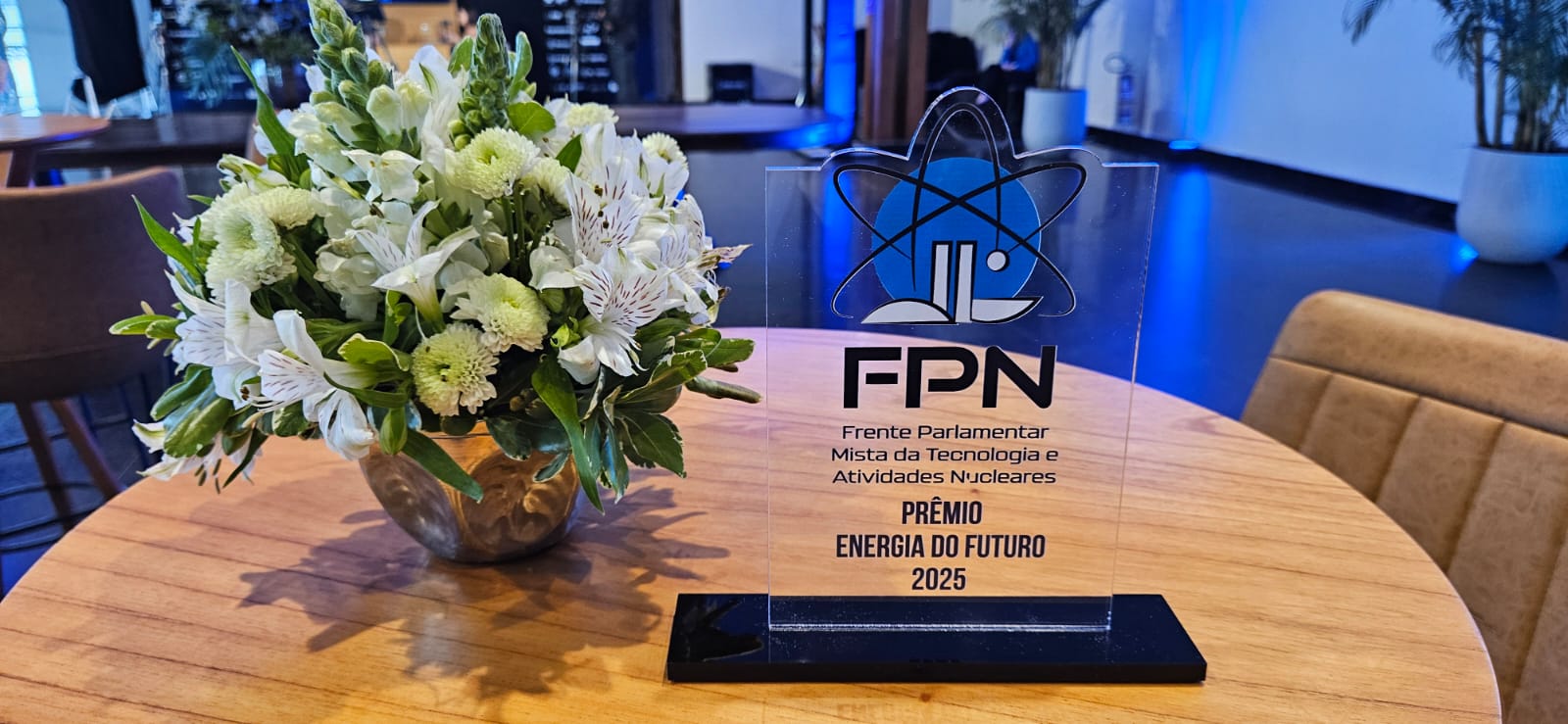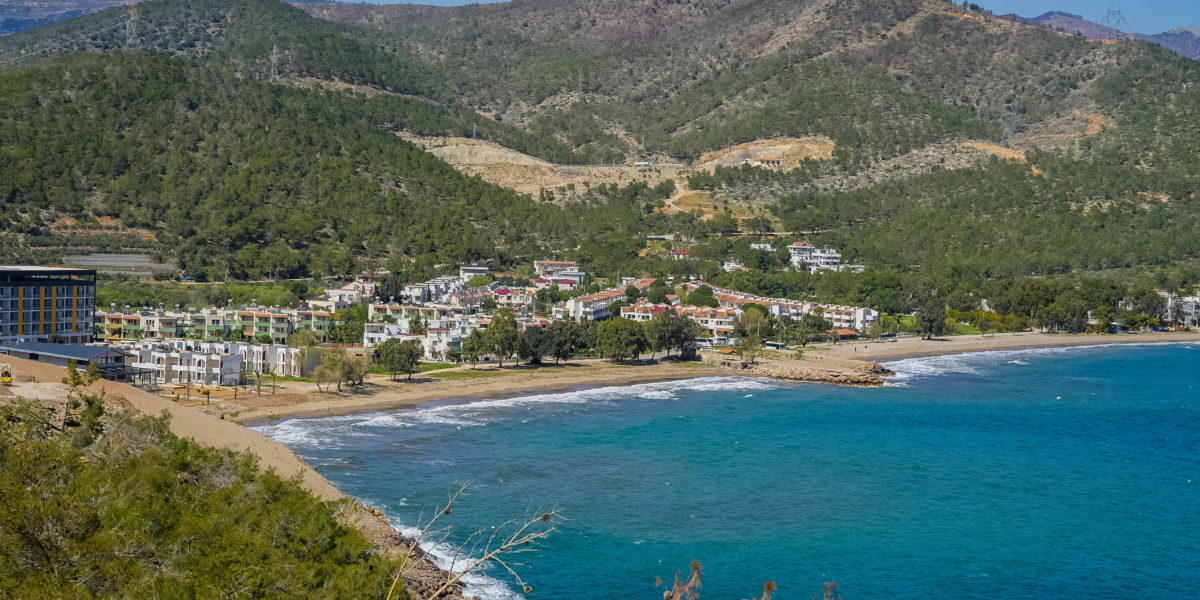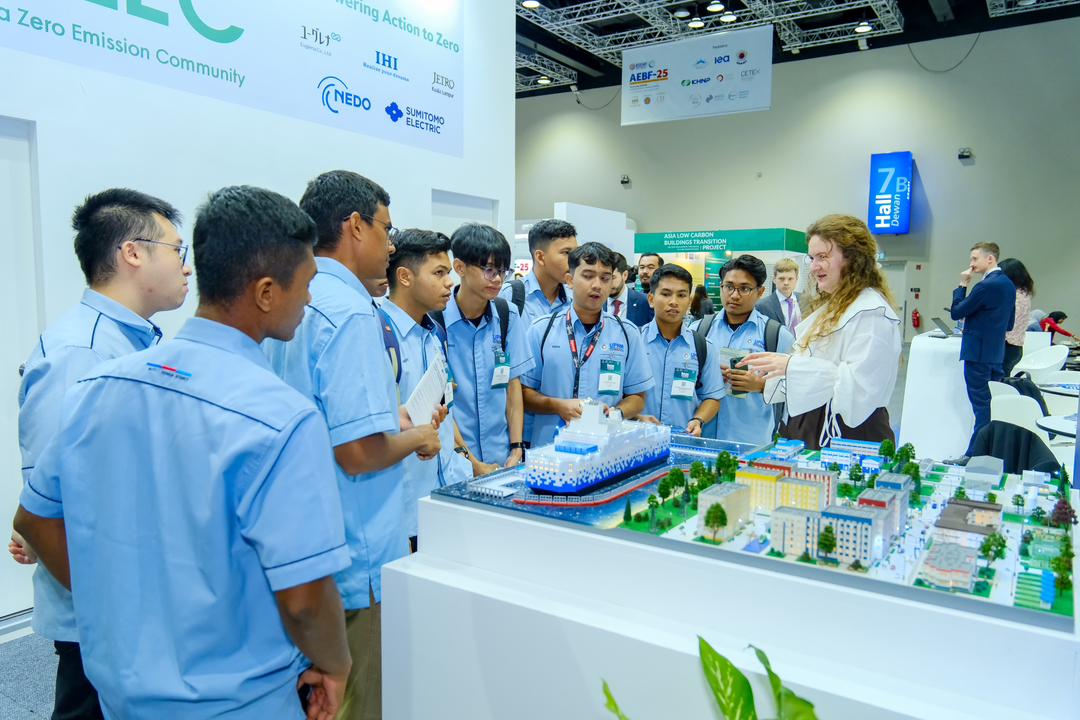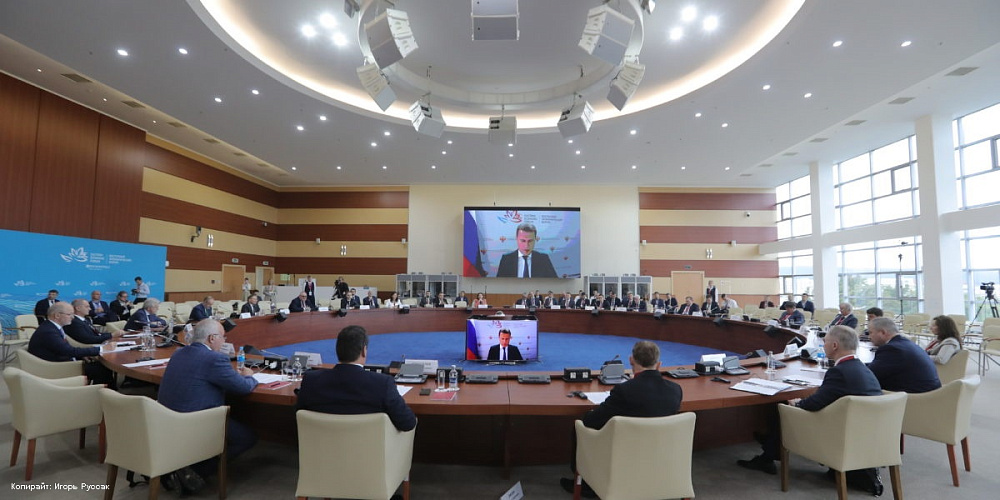Rosatom has
won the Brazilian "Energy of the Future" award, which was established
by the Joint Parliamentary Front for Technology and Nuclear Activities. The
award, which is handed out by an association of deputies and senators,
recognizes organizations that have made significant contributions to innovation
and sustainable energy solutions. This year, the award was presented at a
ceremonial nuclear energy session which took place in the Brazilian National
Congress.
The award ceremony took place in the Plenary Hall of the Chamber of Deputies on 21 October. The event was held during the Nuclear Legacy forum as part of a nuclear energy session organized with the involvement of the Brazilian Association for the Development of Nuclear Activities (ABDAN). At the ceremony, the parliamentarians noted that the prize was awarded to Rosatom for its "global technological leadership and contribution to the development of nuclear energy". They emphasized the company's commitment to innovation, safety, and producing solutions for the energy transition.
“We are delighted to receive this high award, especially during such a significant year as we celebrate the 80th anniversary of the Russian nuclear industry. Rosatom has been cooperating with Brazil for many years in key fields such as medicine, energy, and science. Rosatom supplies radioisotopes for Brazilian nuclear medicine and closely collaborates with Brazilian partners in the nuclear fuel cycle. Given Brazil's large-scale plans to develop the national nuclear sector, I am confident that we have tremendous opportunities for partnership, ranging fr om uranium mining projects and construction of nuclear power plants to joint initiatives in science and healthcare,” said Ivan Dybov, Director of Rosatom America Latina while accepting the award in Brasilia.
Rosatom plays a role in strengthening the Brazilian-Russian relationship by providing opportunities for young professionals to develop. An excellent example is the Global HackAtom international student championship, wh ere students fr om around the world propose innovative nuclear technology solutions. In 2025, the Brazilian team, TUPI Tech, emerged victorious in the final held in Moscow, which raised a wave of national pride. The victory was widely celebrated in Brazil and acknowledged by the government. The winners were honored at the ceremonial session of the National Congress, wh ere Rosatom also received its award. Earlier, the Federal Senate voted applauses for the team. Senator Jorge Seif emphasized that the Brazilian team’s victory in the Global HackAtom final was a significant milestone for national science development while also enhancing Brazil’s international standing in nuclear technology.
Rosatom
State Atomic Energy Corporation is a multi-profile holding company comprising
energy, engineering, and construction assets. Its strategy involves the
development of low-carbon energy sources, including wind power. Rosatom is the
leading producer of electricity in Russia, accounting for approximately 20% of
the country's total output. It also holds the top position in terms of its backlog
of orders for nuclear power plant (NPP) construction, with 41 units under
implementation in various stages in 11 different countries. Rosatom is the
first company to commence the mass construction of Generation III+ units, four
of which have already been put into operation. Last year, a unique industrial
facility for fabrication and reprocessing of fuel fr om the BREST-OD-300 fast
neutron reactor was completed. This paved the way for closing the nuclear fuel
cycle. The company is actively engaged in the construction of Russian-designed
NPPs in Bangladesh, Turkey, Egypt, China, Hungary, and other countries.
Rosatom's business also includes the manufacturing of cutting-edge non-nuclear
products, logistics, development of the Northern Sea Route, and implementation
of environmental projects. Rosatom comprises over 550 companies and
organizations employing more than 420,000 people.
In Latin
America, Rosatom is actively working with Brazil, supplying enriched uranium to
the Angra NPP and radioisotope products for medical purposes. In 2025, the
company secured a contract to convert and enrich uranium mined in Brazil
including its reprocessing at Russian facilities. Rosatom plans to increase its
cooperation with Latin American countries and offers innovative solutions for
sustainable energy future.
The Nuclear
Legacy 2025, the major annual event in the Brazilian nuclear industry organized
by the Association for the Advancement of Nuclear Activities (ABDAN), took
place on October 20-21, 2015, at the Naval Club of Brasília. The event brought
together over 250 attendees, including company chief executives, experts,
representatives from federal agencies and law enforcement bodies such as the
Ministry of Mines and Energy, Ministry of Defense, Ministry of Science,
Technology and Innovations, Ministry of Industry and Commerce, as well as the
Institutional Security Office, the Union Attorney General's Office, Brazilian
Health Regulatory Agency, and the management of the National nuclear safety
authority and the Navy of Brazil. The program contained panel discussions on
the role of nuclear power in decarbonisation and the sustainable energy mix
transformation, the strategic significance of nuclear technologies for the national
development (policies, research and development, new projects, including
product irradiation), a ceremony honoring industry leaders (Defense, Diplomacy,
Research and Development, Nuclear Medicine, "Collaborator of the
Year", and journalism) as well as educational initiatives - a
parliamentary exposition on “The history of nuclear energy in Brazil and globally”
arranged in the Teresa de Benguela corridor and the students’ Hackathon Nuclear
— Hackpower 2025.
The Global HackAtom is an international championship for students wh ere they try to find solutions to real-world nuclear problems within 24 hours. This year's event featured a new format, consisting of two stages: national selection rounds and a grand final in Russia. The national rounds were held in 10 countries (Bolivia, Brazil, Hungary, Indonesia, Kazakhstan, Myanmar, Namibia, Russia, Rwanda, and Uzbekistan) bringing together over 650 students (more than 160 teams). Ten finalist teams were chosen following the national rounds. The teams consisted of the most gifted students with a strong research potential who showed interest in developing nuclear science and advanced technologies. https://hackatom.energy





